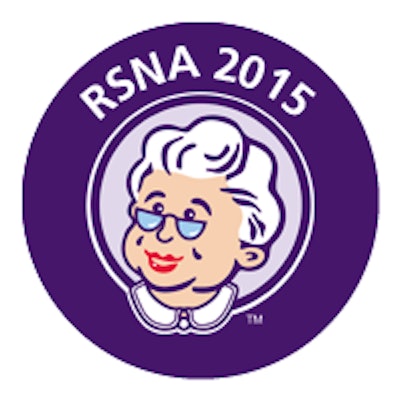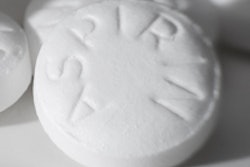
High breast tissue density alone is not a strong independent risk factor for cancer, according to a study presented at this week's RSNA 2015 meeting in Chicago.
The findings contradict previous research that has suggested that the denser a woman's breast tissue, the higher her risk of cancer -- in part due to mammography's limitations with dense tissue. That conclusion has prompted many U.S. states to pass legislation that mandates that women be notified of their breast density status on mammography and be offered supplementary screening with ultrasound or MR.
The study, led by Dr. Natasa Katavic from Health Center Osijek in Osijek, Croatia, included nearly 53,000 mammography exams that had been performed at the center in women ages 50 to 69 over five years. Croatian women are invited for mammography screening every two years by the country's Institute of Public Health.
The researchers analyzed one craniocaudal and one mediolateral view from both breasts on each exam. Two radiologists also visually assessed the images and rated them for density.
In all, 230 cancers were found among the mammography exams included in the study. Katavic's group then matched each of the women who had a detected cancer with a control participant of the same age and from the same geographical area who did not have cancer.
Of the 230 breast cancers, 6% were stage 0, 47% were stage 1, 17% were stage 2, and 28% were stage 3 or 4. The researchers also found that almost half of the detected cancers were in the lowest density category, while less than 3% were in the highest.
| Tissue density by BI-RADS category | |
| Density category | Percentage |
| BI-RADS 1: Almost entirely fatty tissue | 47.6% |
| BI-RADS 2: Scattered fibroglandular densities | 36.3% |
| BI-RADS 3: Heterogeneously dense tissue | 13.2% |
| BI-RADS 4: Extremely dense tissue | 2.8% |
In the breast cancer group, 83% of the women had low mammographic density, compared with 89% in the control group. Seventeen percent of the women with breast cancer had high mammographic density, compared with 11% of the women in the control group.
The results indicate that there is not a strong association between higher mammographic densities and a higher risk of breast cancer among postmenopausal women, Katavic said in a statement released by RSNA.
"Our study suggests that breast density alone might not be strong independent risk factor for breast cancer," she said. "In risk assessment, all risk factors should be considered before decisions on additional examinations [are made]."




















